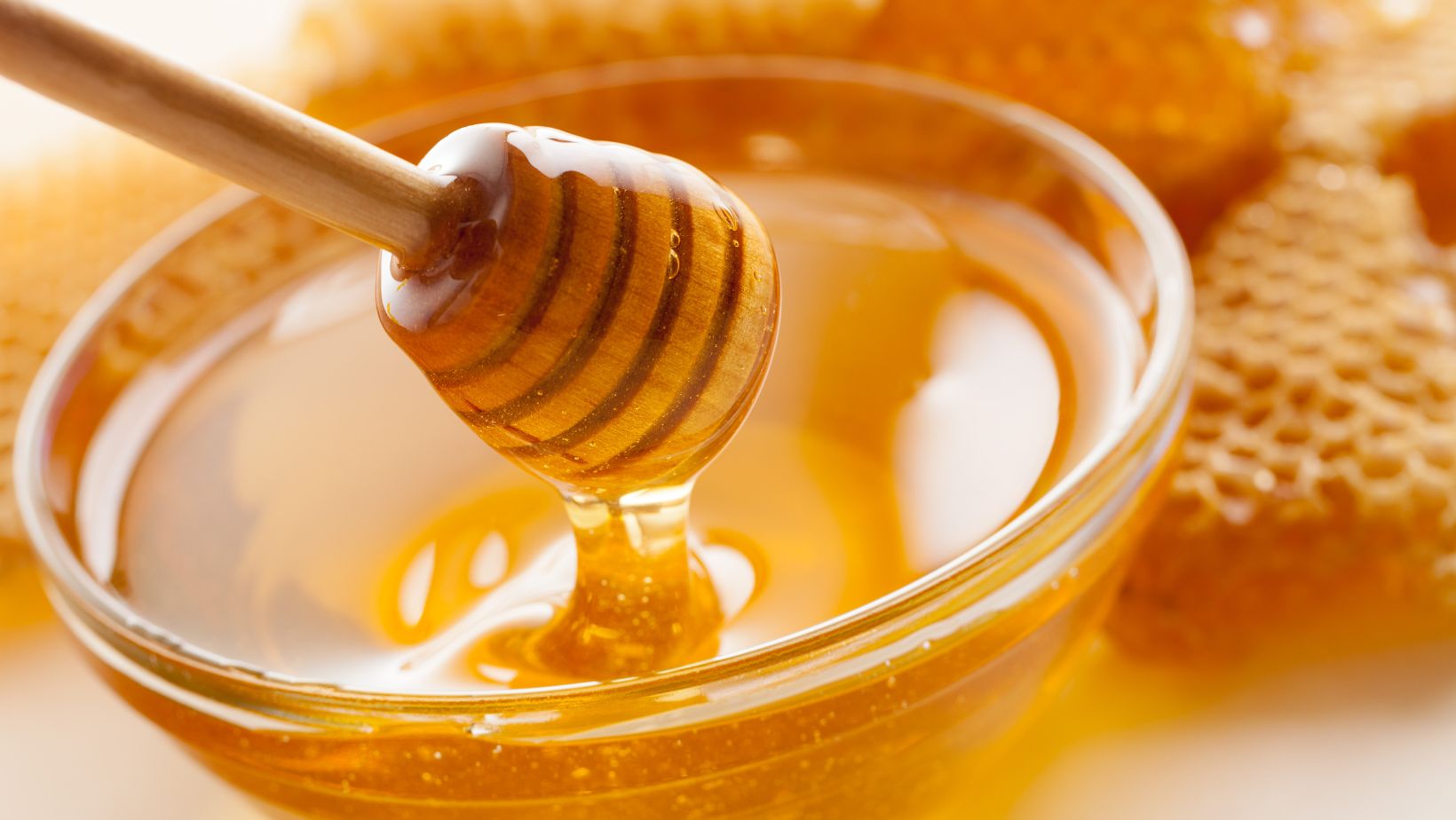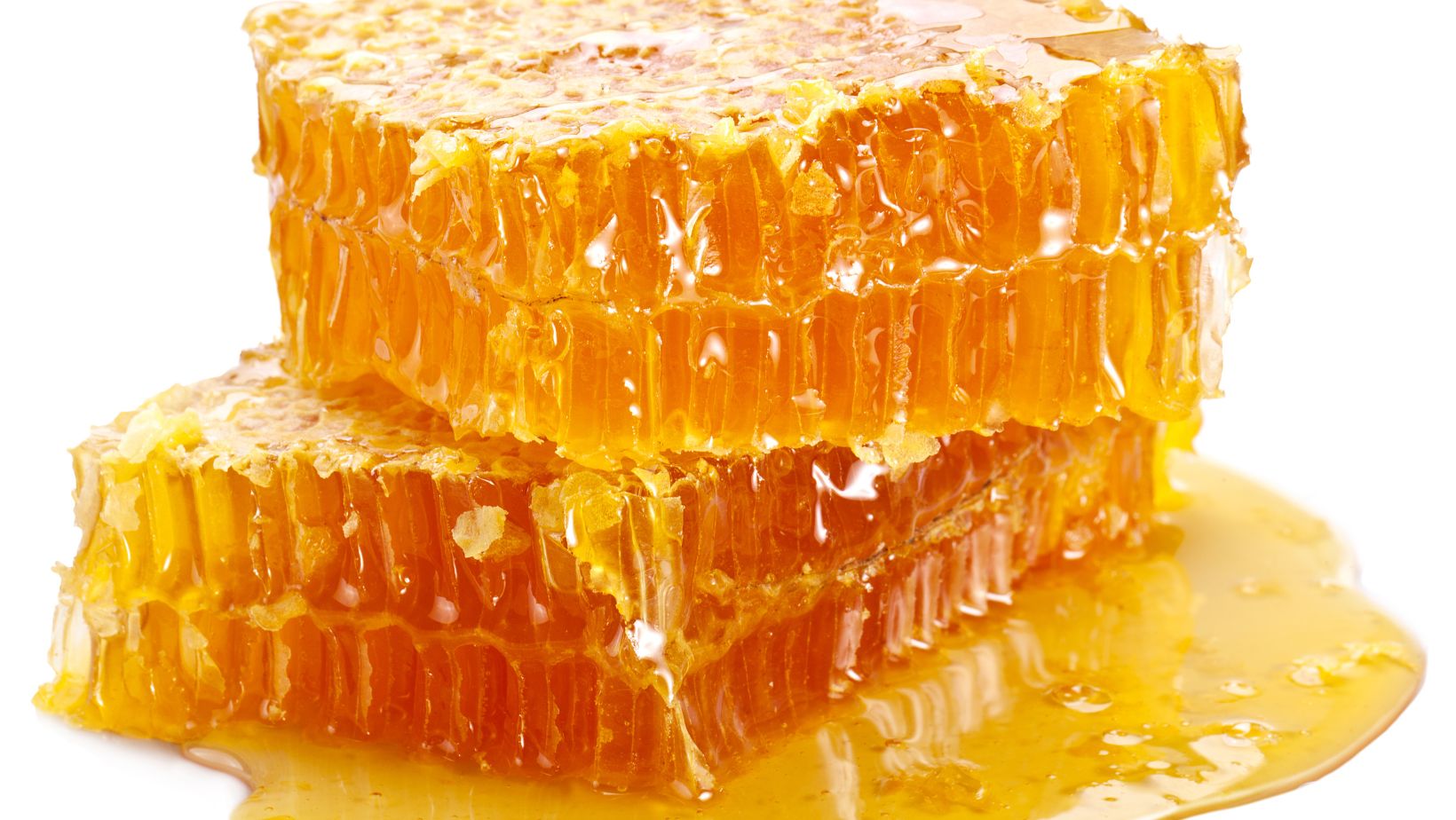
Is Honey Good For Keto
Are you following a keto diet and wondering if honey can be a part of your eating plan? Well, let’s dive into the question: is honey good for keto?
The ketogenic diet is known for its low-carb and high-fat approach, aiming to put your body into a state of ketosis. This metabolic state relies on burning fat for fuel instead of carbohydrates. In order to achieve and maintain ketosis, it’s crucial to limit your carbohydrate intake.
Honey, while being a natural sweetener with some potential health benefits, is relatively high in carbohydrates. It contains about 17 grams of carbs per tablespoon. Considering that even small amounts of carbs can kick you out of ketosis, it’s important to be mindful when including honey in your keto journey.
While small amounts of honey may not completely derail your progress on the ketogenic diet, it’s essential to factor those carbs into your daily macronutrient goals. If you choose to enjoy honey occasionally as part of your low-carb lifestyle, remember to balance it with other carb sources and adjust accordingly so that you stay within the desired range.
In conclusion, although honey does have some beneficial properties, it is not considered an ideal choice for those following a strict ketogenic diet due to its higher carbohydrate content. However, moderation and careful tracking can allow occasional consumption without completely sabotaging your efforts. Remember to consult with a healthcare professional or nutritionist before making any significant dietary changes.
Benefits of Honey on the Keto Diet
Honey, with its natural sweetness and rich flavor, may seem like a forbidden indulgence on the keto diet. After all, the ketogenic diet is known for its strict restriction of carbohydrates in order to achieve ketosis. However, there are some potential benefits of incorporating honey into your keto lifestyle.
- Natural Energy Boost: Honey is packed with natural sugars such as fructose and glucose, which can provide a quick energy boost when you need it most. While it’s important to consume honey in moderation due to its carb content, a small amount can be used as a natural sweetener to enhance your energy levels during physical activity or as a pick-me-up throughout the day.
- Nutrient-rich Profile: Although honey is primarily composed of carbohydrates, it also contains trace amounts of beneficial nutrients like vitamins and minerals. These include B vitamins that help convert food into energy and antioxidants that protect against cellular damage caused by free radicals. While these nutrients may be present in small quantities, every little bit counts when you’re following a low-carb diet.
- Soothing Properties: Honey has been used for centuries as a natural remedy for various ailments due to its soothing properties. It can help ease coughs and sore throats while providing relief from digestive issues such as indigestion or acid reflux. Incorporating honey into hot herbal teas or using it as an ingredient in homemade remedies might offer some comfort while adhering to your ketogenic eating plan.
- Flavor Enhancer: One of the challenges many people face when following a strict dietary regimen is finding ways to keep their meals interesting and flavorful without compromising their goals. Adding a touch of honey can infuse dishes with depth and complexity, enhancing both savory and sweet flavors alike. Just remember to use honey sparingly since even small amounts contribute carbs to your overall intake.
- Psychological Satisfaction: Let’s face it – mental satisfaction plays a crucial role in the success of any diet. The keto diet can be quite restrictive, and completely eliminating all types of sweeteners may not be sustainable for everyone. By incorporating small amounts of honey into your ketogenic lifestyle, you can satisfy your cravings and enjoy a sense of indulgence while still staying within the boundaries of your dietary goals.
While honey does contain carbohydrates that can impact ketosis, some individuals may find that incorporating small amounts into their keto diet allows them to experience these potential benefits without derailing their progress. It’s important to consult with a healthcare professional or registered dietitian before making any significant changes to your eating plan.

